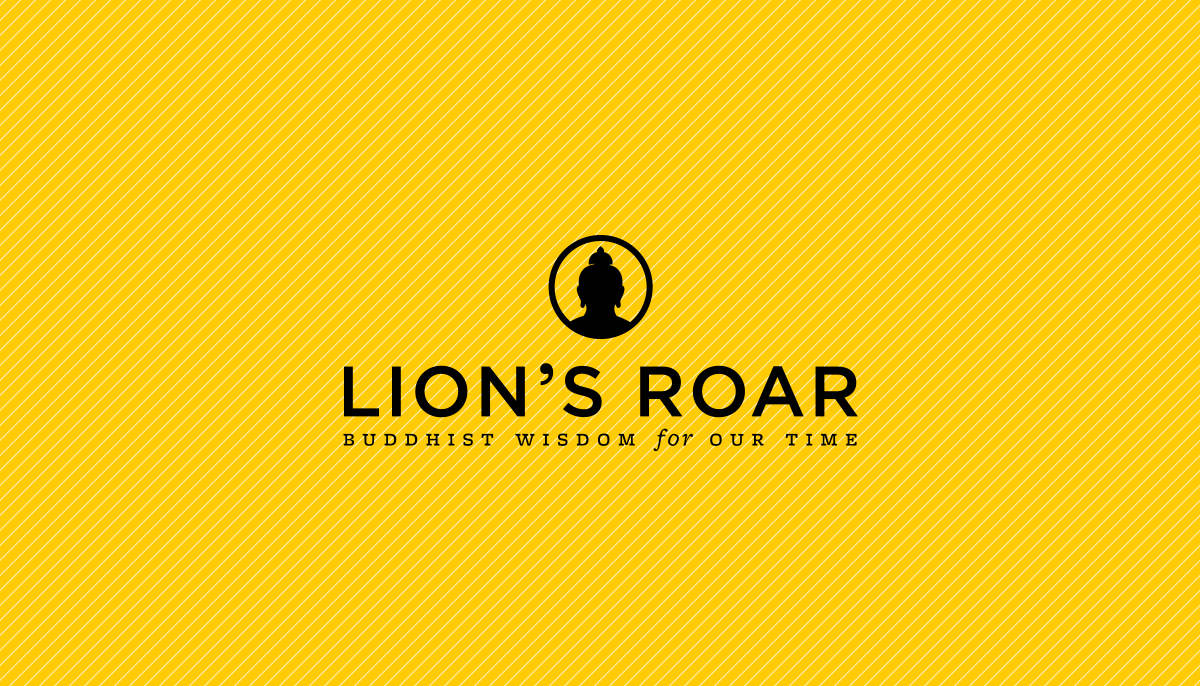Cloud Atlas is an ambitious film: one that is both compelling and something of a mental workout. In its attempts to convey both the broad scope of humanity across several centuries as well the intimate relationships between individuals, the film jumps from the distant future to the nineteenth century to the the not-so-distant past to another future to the present, interweaving six different stories with different casts of characters, tracing their multiple incarnations and connections.
Despite some moving and even funny moments, the film generally lacks subtlety. Much as they did in the two Matrix sequels, the Wachowski siblings (and their co-director Tom Tykwer) want to make sure we get the point — that everything is connected — a point they repeatedly drive home through earnest dialogue and voiceovers. And all the different characters are portrayed by the same actors in part by way of heavy makeup and special effects that leave the viewer feeling a little weird: There’s just something unsettling about Doona Bae playing a nineteenth century freckled red-head, or Jim Sturgess playing a twenty-second century Neo-Seoul revolutionary. As Anthony Lane of The New Yorker wrote, this “didn’t work when Sean Connery tried it, in ‘You Only Live Twice,’ and it sure as hell doesn’t work here, inching beyond embarrassment into insult.”
Nevertheless Cloud Atlas draws you in; the individual stories are compelling on their own, and over the near three-hour running time their connections become clearer. In some cases, these connections are explicit, drawing from the 2004 novel the film is based on; Luisa Rey (Halle Berry) in the 1970s is reading the letters a young Robert Frobisher (Ben Whishaw) wrote in the 1930s who is in turn reading the journal of Adam Ewing (Sturgess) from the 1850s.
But this is also a movie about rebirth. And because the same actors show up in different stories as different characters, one wants to believe that these different roles are in fact different incarnations of the same person. Not that this always makes sense, mind you. Is Dermot Hoggins the direct reincarnation of Issac Saschs just because they’re both played by Tom Hanks? Seems unlikely, their timelines are too close. Or are they? This is the kind of movie that will attract a certain type of fan, I’m sure, who will see it over and over again and do their best to divine some logic from all the different narratives — and argue about it on the internet.
For my part, even though I’m likely to be someone who will see this movie again, I don’t want to dwell too much on its logic. Cloud Atlas presents a surprisingly traditional view of karma and rebirth, and so any attempt to figure out its logic is probably doomed.
Let’s clear the air a bit. Rebirth is a sometimes contested issue in contemporary Buddhist discourse. Some who may be uncomfortable with the supernatural aspects of Buddhism tend to interpret the teachings of rebirth as merely metaphorical or symbolic of inner psychic states. Some want to excise rebirth from Buddhism completely, arguing that the Buddha only retained these teachings because they were a widely accepted part of Indic religion at the time. Still others worry about the mechanics of it all; how do we reconcile the idea of rebirth with the Buddhist doctrine of anatman or no-self? If there isn’t a permanent self, what gets reincarnated?
If you’ve got the stomach for these kinds of debates, more power to you. For my part, I think they often miss the point. When the Buddha was asked, directly, about the soul and the cosmos and other metaphysical questions, he was pretty clear that these questions tend to get in the way of the real work — realizing the Four Noble Truths and undoing suffering.
Moreover, when we worry about the mechanics of it all, we miss the Buddha’s point in bringing it up in the first place: morality. Pre-Buddhist Indic views of karma were not necessarily moral in nature; they were more mechanical descriptions of how the world worked. The Buddha’s unique contribution to karma theory was his emphasis on moral intention. He was clear that some things are just morally wrong; and when we intentionally commit these acts, we’re sewing the seeds of future suffering.
This, of course, is one of those points that Cloud Atlas wants to drive home—”by each crime and every kindness we birth our future” says Sonmi-451 (Bae). Some characters in the film seem to be locked into cycles of bad behavior for centuries — we’re looking at you, Hugo Weaving — while others work to overcome circumstances and do good in the world, no matter how small or inconsequential, and regardless of any apparent success.
The less-than-subtle aspects of the film (those earnest voiceovers and flashy special effects) might lead one to overlook smaller but no less important themes. The film’s intimate moments — quiet connections between characters, incidents of trust and of love — speak to the poignant importance of even the smallest of acts. But the sheer scope of Cloud Atlas suggests to me that the filmmakers are not just talking about individual karma but collective or social karma. There is not just the question of how should I act; how should we act?
Ultimately, these questions are unresolved — or at least one is left feeling dissatisfied by some of the stories’ resolutions. But then again, that’s samsara. There is no nirvana at the end of Cloud Atlas. Rather, there are merely unenlightened, imperfect beings doing what they can in their own times and places, for their families, for those that they love, for their societies, in the blind hope of making a better world. Which is the only thing any of us can do, really, especially when we cannot see all ends.

